Electronic Health Records (EHRs) are changing the way healthcare works-not just behind the scenes, but in how doctors and patients talk to each other. While EHRs are mainly used to store health information, they do much more than that. One of their biggest benefits is improving communication.
With better information sharing, both patients and doctors can have clearer, more helpful conversations. This leads to safer, more personalized care.
Quick Access to Health Information
EHRs give doctors instant access to a patient’s full medical history-such as test results, past illnesses, medications, and allergies-all in one place. This helps reduce errors, saves time, and supports better decision-making. Doctors no longer need to rely on paper files or wait for information to be sent from another office.
This quick access is especially important during emergencies or when a patient sees multiple doctors. Everyone involved in the patient’s care can stay informed, which leads to better, more coordinated treatment. Consult an expert to learn more about the best EHR systems.
Helping Patients Stay Involved
Many EHR systems include patient portals-secure websites where people can view their health records, request prescription refills, make appointments, and message their care team. This gives patients more control over their health and makes them active participants in their care.
When patients can review test results and visit summaries, they’re more likely to ask questions and follow treatment plans. This improves trust and makes conversations with doctors more productive.
Improving Team Communication
Today, patients often receive care from more than one provider. EHRs make it easy for different doctors, nurses, and specialists to share information and stay updated. Everyone can see the same notes, test results, and treatment plans in real time.
This teamwork helps avoid repeated tests, conflicting advice, or missed health issues. It also saves patients from having to explain their history over and over.
Smarter Tools for Better Care
EHRs come with built-in tools that support safer, more effective treatment. For example, doctors may get alerts about drug interactions or reminders to schedule cancer screenings or vaccinations.
These tools help guide important conversations that might otherwise be missed. When doctors use EHRs to follow best practices, they can offer more personalized care and talk with patients about the steps they need to take to stay healthy.
Balancing Technology and Human Connection
One concern about EHRs is that doctors may spend too much time looking at screens instead of their patients. This can make visits feel less personal. However, many doctors are learning how to use EHRs without losing the human touch-by:
- keeping eye contact
- showing the screen to the patient
- typing only when needed
When used thoughtfully, EHRs can actually help the conversation, not hurt it. They give structure to visits and ensure that important topics aren’t forgotten.
EHRs Are Key to Better Communication
Electronic Health Records (EHRs) do more than store medical information-they help doctors and patients communicate better. In the end, EHRs are a tool to help people talk, understand each other, and make better decisions about health. When used the right way, they make care easier, clearer, and more connected for everyone.
If you want to read more articles, visit our blog.


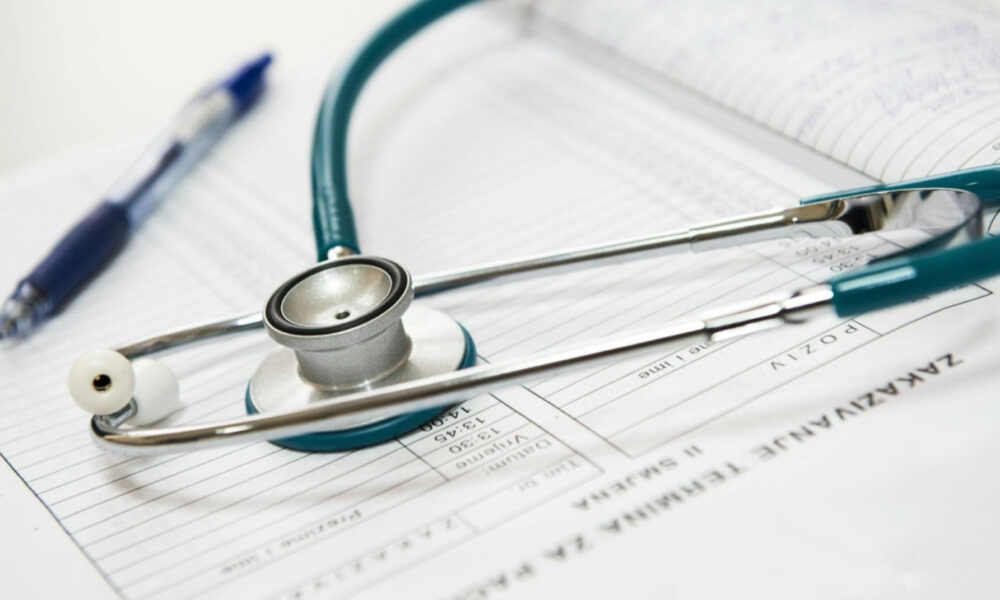


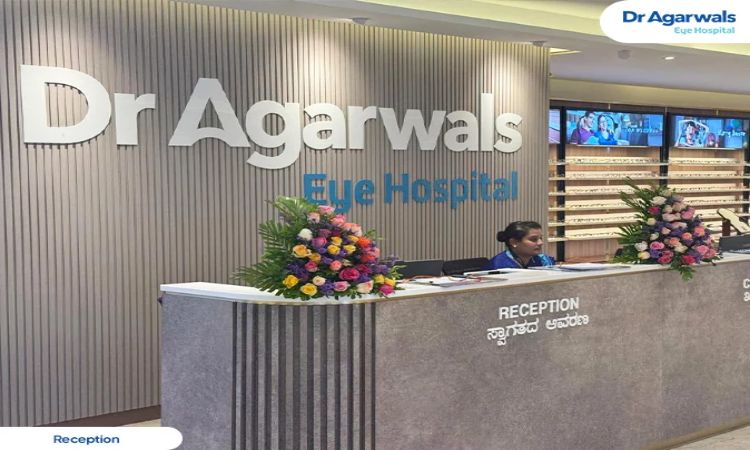

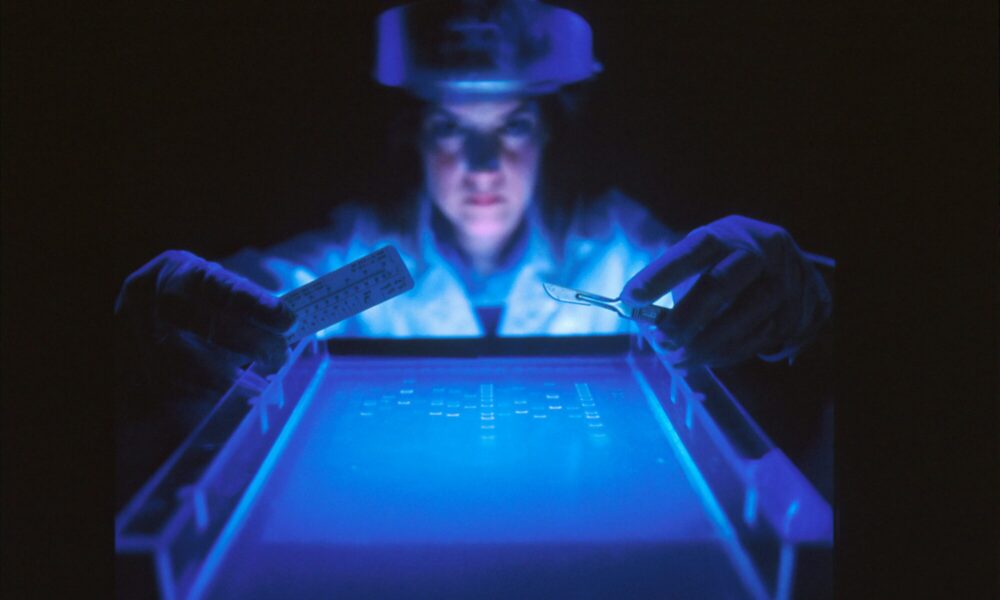
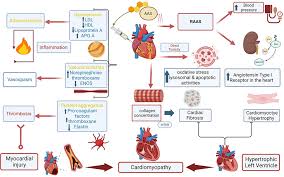

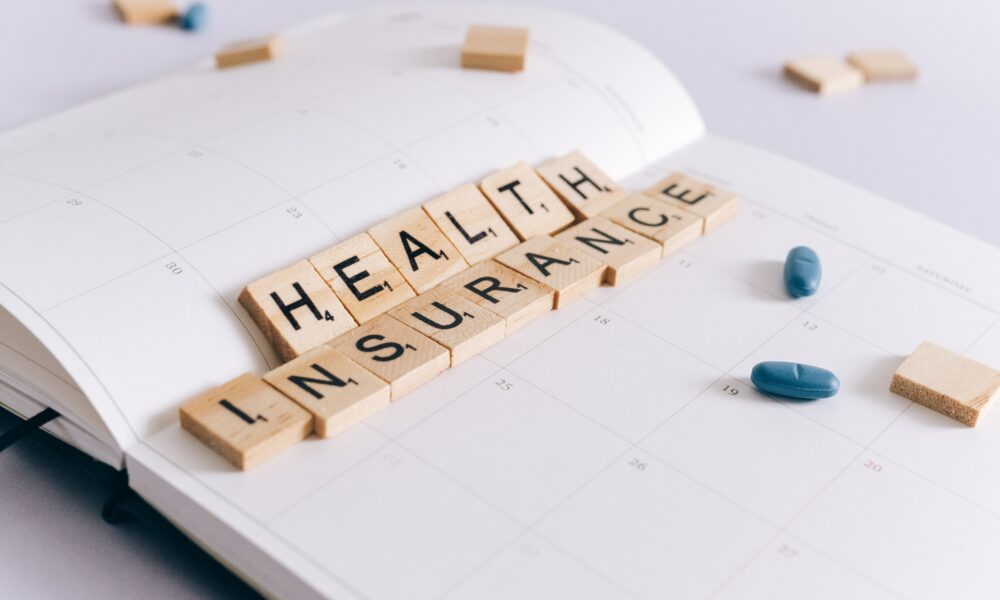

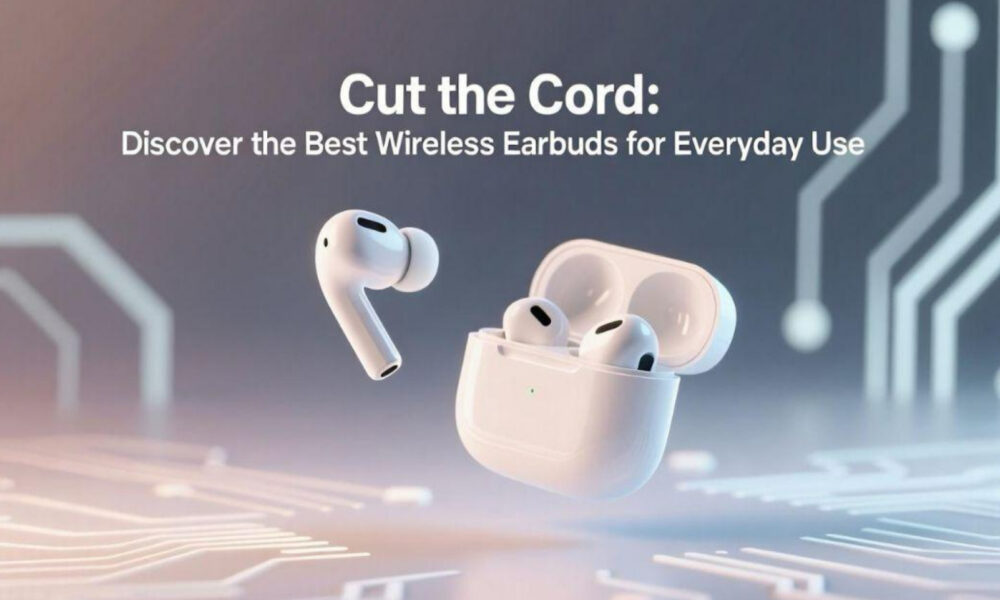
Leave a Reply